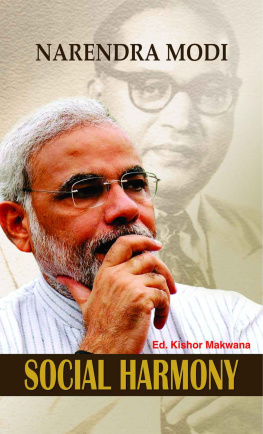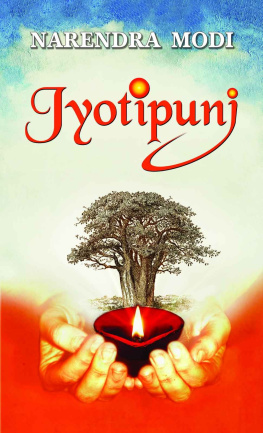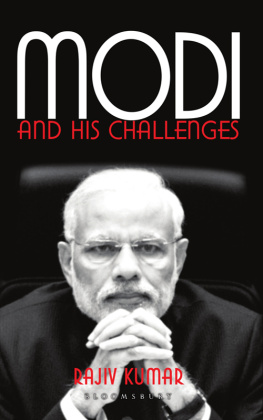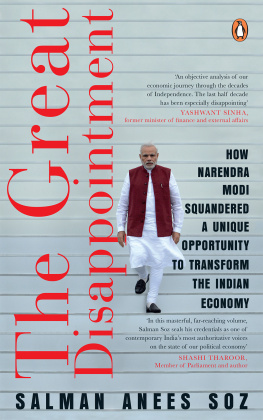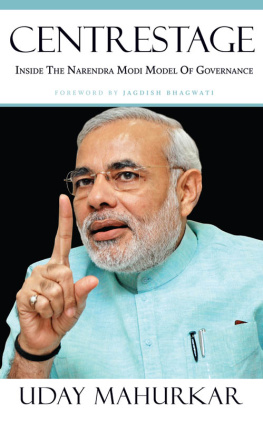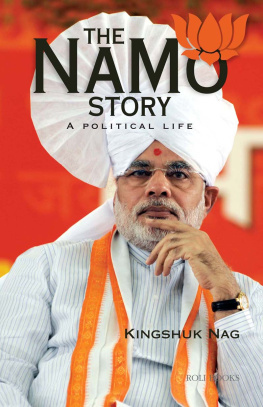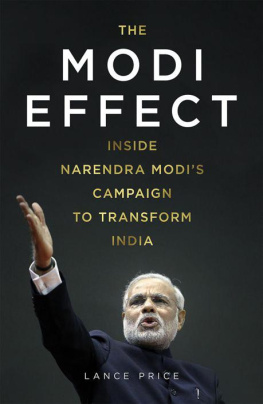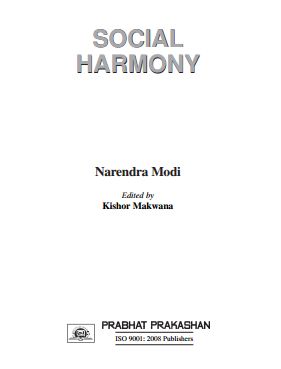
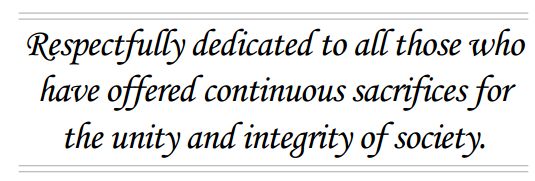
Preface
T he underlying foundation of Indian civilization has always been spirituality. Our innate belief that every being has been formed from the same essence is what makes our culture unique. Our civilization has always held that the Earth is our Mother and all of us are Her children, implying that all the people of the world are our siblings. Such a philosophy ensured that there were no distinctions of class or status, in ancient times. The importance of every individual in the development of society was acknowledged and this belief led to the establishment of relevant social systems from time-to-time. We were successful in attaining the highest peaks of progress and our ideology was hailed by the world.
Unfortunately, we were unable to sustain this status through the annals of time. We failed to remember the feelings of universality and ended up distancing ourselves from each other. We compelled our own brethren to move towards anti-national and anti-social activities and, at the same time, became more and more bigoted. In these circumstances, Lord Buddha put forth the principles of, Panchshil and gave society a new lease of life. Society took a turn for the better and we were able to resume control over the world. This historical chain of events is known to all of us.
The development of our nation has been heralded by leaders from all castes of the society. These were the people who reached the pinnacle of the social order only through the strength of their character and their strong sense of duty. As one of the verses in the Chittavinodini says:
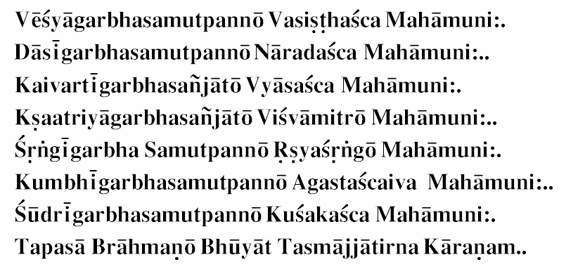
(Great sages were born from different castes, viz. Vashistha was born from the womb of Prostitute, Narada from slave, Vyasa from Kaivart caste, Vishwamitra from Kshatriya caste, Sringi Rishi from womb of Shringi and Agasta Rishi from Pitcher and Kushaka from Shudra caste. Therefore, penance plays main role to become Brahman and the caste is not a cause to become Brahmana.)
A persons caste can never lead to his spiritual ascendancy. Supremacy of the mind and the spirit comes only from the strength of resolute penance. Sage Vashishtha was born from the womb of a prostitute; Sage Narada was the son of a maidservant; a fisherwoman gave birth to Sage Vyasa and a Kshatriya woman to Sage Vishwamitra; Sage Shringi entered the world from a shringi (deer horn) and Sage Agastya did so from a pot; Kushak was born to a lower-caste woman; and yet all these were the greatest sages that the world has ever known.
Our ancient sages, who pointed out the right direction to the society, usually came from all castes. They had achieved pre-eminence only through the power of their rigorous penance. Our country has been ruled by the Mughals and the British. To further their own political aims, they sought to divide and split up our society into innumerable factions. They conspired to weaken Hindutva and Indian nationalism. But Dr. Babasaheb Ambedkar saw through this conspiracy. He put in tireless efforts to turn into reality the dream of a harmonious society as envisaged by Lord Buddha. He took it upon himself to rid society of its evils and inspired the downtrodden to rise to a higher stature.
The state of affairs that ails our society today is well-understood by thinkers who are concerned about its development. The evil powers who are interested in disrupting our social harmony are stronger today than ever before. Our task is to overcome these forces and take society to the highest echelons of prosperity. This will only be possible if we sincerely believe that the entire society is an extension of the individual and revere it akin to God. This feeling of oneness with society will have to be practically evoked at all levels individual, family, community, and profession and it will have to be ingrained into our very culture. The inspiration of the volunteers and sages of the RSS has created awareness about this need and some results have been accomplished in this direction.
Shri Narendra Modi, who is also a volunteer of the Sangh, has pledged to eradicate these ills from the society, which is evident from his conduct. He has been deeply involved in attempts to establish the principle of social harmony. He has his own vision for arriving at a solution to the various social problems. Shri Narendra Modis inherent sensitivity, sense of duty towards the underprivileged and his commitment towards social harmony is reflected in his actions, his speeches and his writings. We must congratulate Shri Kishor Makwana for editing these thoughts and putting them in front of people. I am confident that this book will inspire and enthuse all those who are working towards social harmony.
K.S. Sudarshan
The Social Responsibility of Shri Narendra Modi
V adnagar village, Shri Narendra Modi aged 12 years studying in class 8, he wrote and acted in a soliloquy named, The Yellow Flower, with the theme of untouchability, at the school. The story is about the only child of a poor mother who falls severely ill. The mother runs helter-skelter for his treatment, but nobody is ready to treat an untouchable child. Someone advises her to get some yellow flowers offered to God in the temple so that she can save her childs life. The mother runs towards the temple but is not allowed to enter. Finally, when she reaches home, broken, insulted and condemned, she finds that her child is no more.
As a student of class 8, Shri Narendra Modi conveyed the messageEverybody is equal and should have equal right on Gods blessings.
Dholka, 1984. A lecture by RSS campaigner Shri Narendra Modi at a Jain Upashray near the Kuberji Temple at Kharakua on the occasion of Makarsankranti celebrations organised by the RSS : The words flowed from his heart. There is a social science behind every Indian festival. This festival of kite-flying binds society in one thread. It urges us to create an environment of friendship, belonging and cooperation to each other in society. Makarsankranti brings pleasure, zeal and velocity to society and initiates the slow but firm process of removing the perverted mentality and maintaining social unity, social harmony and social vigilance. It creates emotions of social development and progress.
Gandhinagar, Dhanteras, 2001. Narendra Modi took charge as Chief Minister of Gujarat on October 7, 2001, after which he was about to enter his official residence, for which the auspicious day of Dhanteras was chosen. For Shri Narendra Modi, this was not only the ceremony for entering his new residence, but also an occasion to bring forth the emotion of social harmony flowing in his heart for a long time. Shri Narendra Modi decided that the ceremonial Kalash (earthen pot) would be placed in his new residence by a Dalit girl. What other than this could be a message of social harmony? On Dhanteras, a Dalit girl named Ravina Nareshkumar Jadav, placed the ceremonial pot and Shri Narendra Modi entered his official residence after this ceremony.
There was a long gap between these three incidents. Shri Narendra Modi went through different stages of life, but his thoughts and actions have always been consistent. The strong flow of feelings towards society and social harmony has been flowing continuously in his heart.
Shri Narendra Modi is known for giving an emotional touch to any situation. Once
Next page
